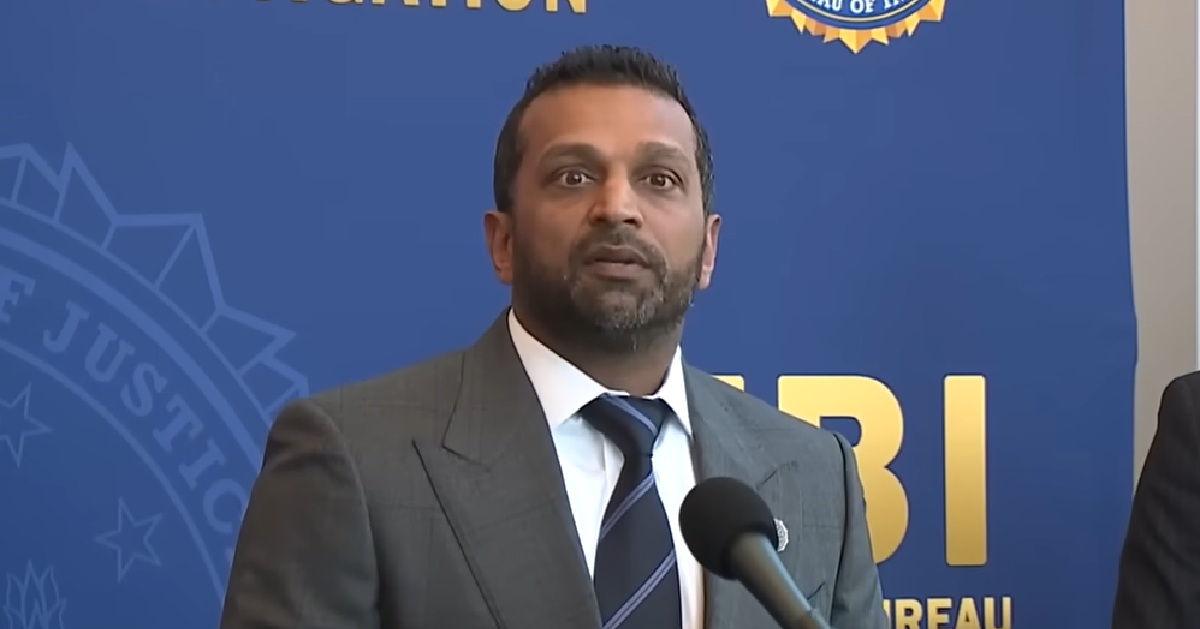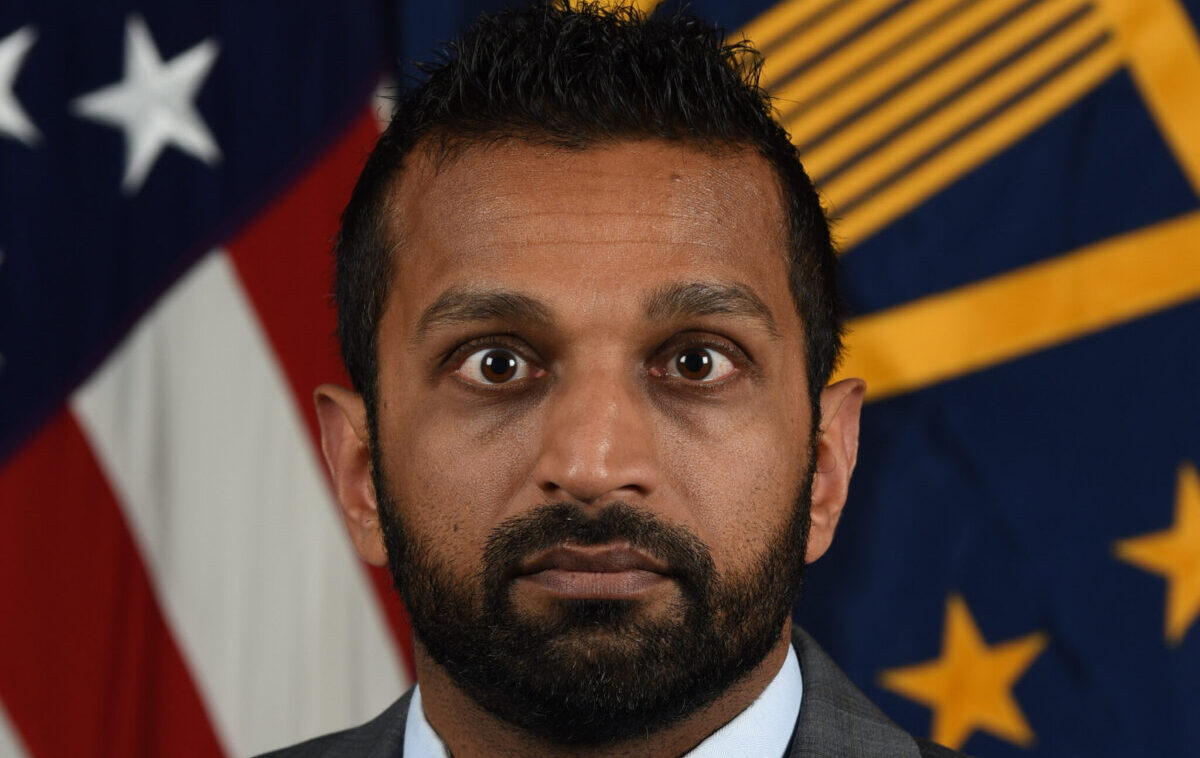Senate hearing for Trump's Alaska judicial nominee unfolds smoothly
Brace yourselves for a rare moment of calm in Washington—President Donald Trump’s nominee for a federal judgeship in Alaska, Aaron Christian Peterson, faced a U.S. Senate Judiciary Committee hearing on Wednesday with nary a hint of the usual political fireworks. While progressive critics often pounce on Trump’s picks with fervor, this session barely raised an eyebrow for Peterson. It’s almost as if sanity took a brief vacation to D.C.
The hearing addressed nominations for three federal judgeships, with Peterson representing Alaska alongside David Fowlkes for Arkansas and Nicholas Ganjei for Texas.
Peterson, a lifelong Alaskan and natural resources attorney for the state, earned Trump’s nomination this month with a hearty endorsement from Sen. Dan Sullivan, R-Alaska. Sullivan, though not a member of the Judiciary Committee, made a point to introduce Peterson with a strong push for confirmation. It’s heartening to see support for a candidate who actually understands Alaska’s unique landscape over some out-of-touch Beltway insider.
Peterson's Hearing Avoids Typical Drama
Unlike the predictable melodrama of most Senate hearings, where progressive agendas often steer the ship, Peterson’s turn under scrutiny was surprisingly uneventful. Senators fixated more on the Arkansas and Texas nominees, using their airtime to pontificate rather than probe. One wonders if they even glanced at Peterson’s qualifications before taking the stage.
Sen. Josh Hawley, R-Missouri, injected a bit of wit into the proceedings, remarking, “Here I am asking the questions and giving the answers — it’s like the bar exam, except I’m giving the answers.” It’s a clever dig at the performative nature of these hearings, where substance often takes a backseat to theatrics. At least Hawley kept the mood light while attention drifted elsewhere.
Peterson himself emphasized his deep roots, stating, “I have a deep familiarity with the laws that are specific to Alaska.” His experience as a criminal prosecutor and knowledge of laws like the Alaska Native Claims Settlement Act make a compelling case. This is the kind of practical expertise the federal bench needs, not more ideological crusaders.
Sullivan Strongly Backs Peterson's Nomination
Sen. Sullivan didn’t mince words in his support, asserting that Peterson’s lifelong connection to Alaska and grasp of relevant federal laws make him an ideal candidate. He urged the committee to advance the nomination to the full Senate with unanimous approval. It’s a bold stand for merit over partisan nonsense.
Interestingly, Sen. Lisa Murkowski opted for a more conventional approach, relying on the Alaska Bar Association for recommendations, yet Peterson’s name was absent from their list. The Bar declined to comment when approached on Thursday. It raises questions about whether their process values politics over qualifications.
The hearing wasn’t without its obligatory nods to current sensitivities, as Sen. Mazie Hirono, D-Hawaii, asked all nominees if they’d ever faced accusations of sexual harassment or made unwanted advances. All, including Peterson, replied with a clear no. Given the troubling history with Alaska’s last U.S. District Court judge, Josh Kindred, who resigned amid serious misconduct findings, the question is fair—but let’s keep the focus on judicial merit.
Ethics Questions Surface in Discussion
A brief spark of debate emerged when Sen. Adam Schiff, D-California, asked Peterson about Congress imposing ethics codes on the U.S. Supreme Court. Peterson responded cautiously, citing potential clashes with the Constitution’s separation of powers. It’s a sensible concern, especially when Democrats seem keen to overstep on a court aligned with Trump, while Republicans wisely resist such interference.
The Supreme Court, often criticized by the left for accepting gifts from parties in cases, remains a hot-button issue in these talks. Peterson avoided partisan traps, keeping his answer balanced. That kind of judicial restraint is exactly what Alaska’s federal court could use.
Separately, Sen. Hawley questioned the scope of district court judges issuing nationwide injunctions, to which Peterson noted the legal landscape is currently shifting due to recent Supreme Court decisions. It’s a straightforward take on a complex issue, showing Peterson isn’t just parroting party lines. That clarity is a welcome change from the usual D.C. doublespeak.
Confirmation Process Moves Forward
As the hearing concluded, Sen. Chuck Grassley, R-Iowa, chair of the Judiciary Committee, outlined the next steps, requiring written questions for nominees to be submitted by Nov. 26. Following that, the committee will vote on advancing Peterson and the others to the full Senate for confirmation. It’s a routine path, but nothing in Washington is ever a sure bet.
Peterson’s nomination stemmed from a private committee assembled by Sullivan to evaluate candidates for Alaska’s federal judicial openings, though the list of applicants remains under wraps. While transparency would be ideal, Sullivan’s confidence in Peterson speaks to the nominee’s credibility. Let’s hope the Senate prioritizes a judge who puts Alaska first over political posturing.
In a time when judicial nominations often turn into ideological battlegrounds, Peterson’s quiet hearing is a small victory for focusing on qualifications over culture wars. Alaska deserves a judge who knows its laws and people, not another pawn in partisan games. Here’s hoping the confirmation process stays on this refreshingly uneventful track.



